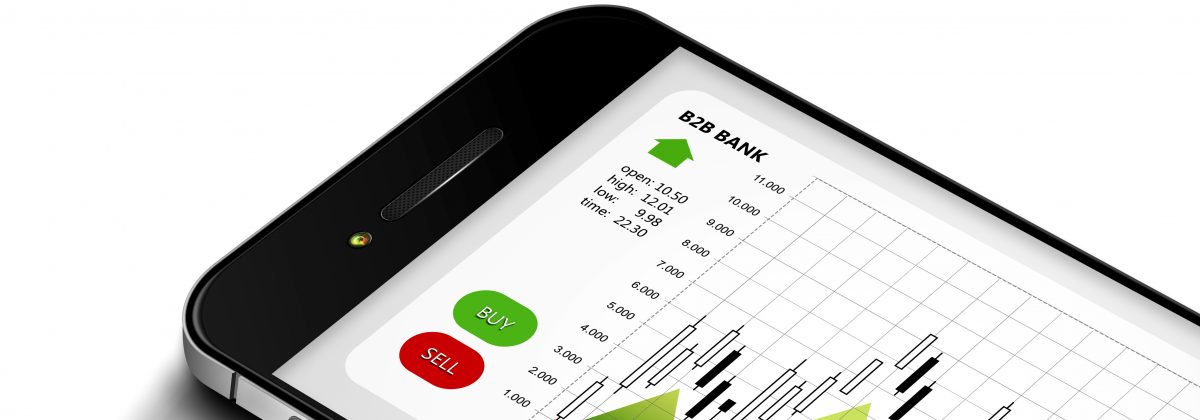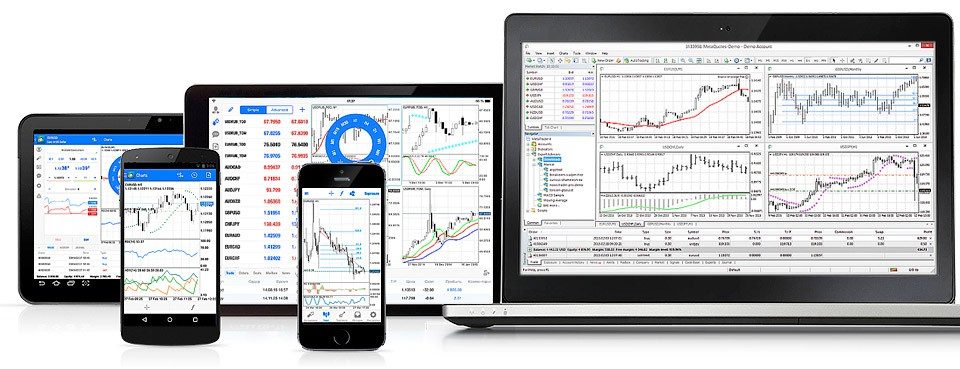Derivatives trading has become quite popular in recent years, with Contracts for Difference or CFDs emerging as the most widely used tool. The use of CFDs enables a trader to speculate on the rise or fall in the prices of fast moving financial markets, such as forex, stock indices, commodities and even treasuries. Another reason why CFDs are popular in the UK is that there is no stamp duty on them.
Another widely derivative instrument is an equity swap, wherein a set of future cash flows are agreed to be exchanged between two parties on predetermined dates in the future. Are these two types of derivatives the same? While both are derivative trades, they differ on several aspects.
Contract for Difference
This type of derivative trading means a trader does not actually buy or sell the underlying asset, whether a physical share, commodity or currency pair. Instead, what is traded is a number of units of a financial instrument, depending on one’s perception about the future movement of prices. For every point that the price of the instrument moves in the trader’s favour, a gain is recorded as per the number of CFD units bought or sold. Similarly, for every point the price of the instrument moves against the trader’s prediction, a loss is registered. What you should remember while trading CFDs are:
- It is a leveraged product, so traders need to deposit only a small percentage of the full value of the trade in order to open a position.
- Trading on margin means that returns, whether positive or negative, can be magnified.
- Trading in CFDs involves payment of the spread, which is the difference between the buy and sell price.
- Traders may need to pay holding costs at the end of a trading day for any positions open in their accounts. This cost can be positive or negative, depending on the direction of one’s position and the applicable holding rate.
- CFDs do not have an expiry date, unlike options or future contracts, and are effectively renewed at the close of each trading day and rolled forward, if desired.
- Traders can choose to long or short a position. When a trader holds an open CFD position, there are various charges and credits to their account, such as dividend adjustment. So, if a trader is holding a CFD before the concerned company’s ex-dividend date, then they become entitled to receive the dividend. In contrast, if a trader is short, with the CFD ending prior to the ex-dividend date, they will need to pay charges equivalent to that of the dividend announced by the concerned company on its shares. On the other hand, in case a trader goes long on CFDs, they need to pay interest on positions held overnight. But in case of short positions, they receive interest payment. In addition, commissions are payable on both sides of the contract.
Equity Swap
This type of derivative contract involves two counterparts exchanging cash flows over a regular period, but at least one of the cash flows has to be based on the performance of a stock or index. So, in case of an equity swap, one party pays the second the return or performance of a stock or a basket of stocks or an equity index. In return the other party pays a return, which is based on a fixed or floating interest rate, or another stock or index. Points to remember when dealing in equity swaps include:
- Equity swaps can be of varied types, but one cash flow has to be based on the performance of an equity, basket of equities or stock index.
- The other cash flow can be based on floating or fixed interest rate, or a foreign equity denominated in a foreign currency.
- The cash flows may be exchanged at the end of the contract or periodically, as decided in advance.
Equity swaps enable an investor to participate in the performance of an equity index, without an initial investment or directly owning the stock. These swaps are formalized through a confirmation document.
How They Differ
So, both CFDs and equity swaps are derivative instruments that allow traders to participate and benefit from the ups and downs in the financial markets, without directly owning an instrument. The major point of difference between the two is that while the former can be used for varying kinds of assets, including stocks, currencies and commodities, the latter involves equity or equity indices only.
Another difference between the two types of instruments is that while CFDs have no fixed expiry date and positions are renewed at the close of each trading day or may be rolled forward indefinitely if there is adequate margin to support it, equity swaps are carried out for a fixed, pre-decided period.
Disclaimer
If you liked this educational article please consult our Risk Disclosure Notice before starting to trade. Trading leveraged products involves a high level of risk. You may lose more than your invested capital.





